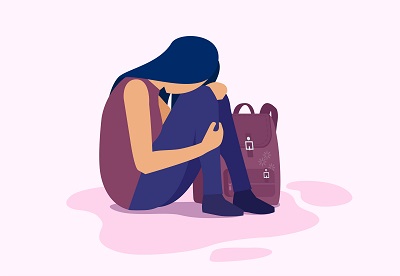How to Talk with Your Children and Teens in the Aftermath of a Violent Event
How to Talk with Your Children and Teens in the Aftermath of a Violent Event

I cannot put into words how disappointed I am that I am updating my previous blog 2017 written in the aftermath of a mass shooting. I hope that our communities can unite to bring about effective change to stop these senseless and avoidable incidents. With the deluge of information on these events, it is highly likely that your children, preteens, and teens have heard a lot about these events and may have even seen some of the video coverage of these shootings and their aftermath. The key message for parents to convey after exposure to any type of trauma or violence is to ensure that your child feels safe and loved. This can be challenging given the frequency of these events. Knowing what your child’s school is doing to address risk is important so that you can talk with your child and give them a safe home context as well.
Give them an open invitation to talk with you about these incidents as well as their fears (if they have them). If your child has seen coverage of a mass shooting event, make sure you talk with them about what they think about it and how they think it impacts their life and the world around them, including their school and neighborhood. Such discussion should fit the developmental level of the child using the child’s words and understanding as much as possible.
Coping with loss is always difficult. When loss is unexpected and due to senseless violence, it can compound the impact on those who are left behind. People generally want to have a sense of control over our world and the people we love. When death due to violence occurs that sense of safety and comfort is ripped away and leaves the people left behind feeling vulnerable and angry along with the deep sadness that follows loss. In times like these it is particularly important to make sure we are supporting those around us who are impacted and providing them ways to vent in a safe environment. It is also important to look for ways to prevent such events in the future through examination of why this act was able to occur. We want survivors to recover and we want to prevent future incidents of violence.
Make sure your child has a chance to feel the strong emotions that may come up in response this shooting and the sense that school and even the world is not safe. Let them know that most people are upset by this type of event and feeling angry and scared and sad is normal when a shooting occurs. Also, let them know that social and political action in response to such events can provide ways to work to improve the world moving forward.
Normalize the reactions the child may be having. Provide direction that in this case, viewing video coverage of what happened may not be helpful and that they should talk with you if they see something disturbing online.
Let them know that the feelings they may have will reduce over time but if they are not getting better with time there are good resources for people who can help with effective treatment available.
As much as parents can provide a clear sense of safety for their children this will help to reduce the impact of the event. Consider talking about what they think happened, how they feel about what happened, and what they think needs to happen now to prevent this from happening again. Consider whether community action is needed to increase safety of the children in your community’s schools and whether you and your family would want to engage in making the changes that maybe needed.
















